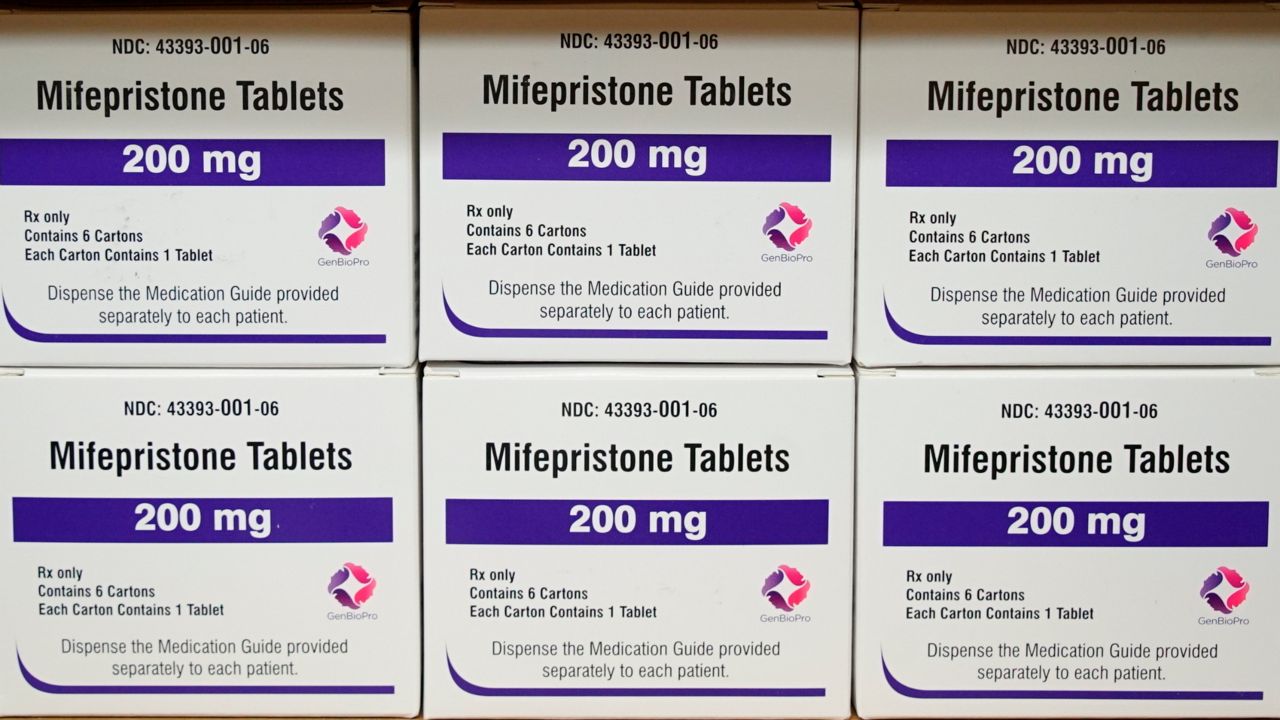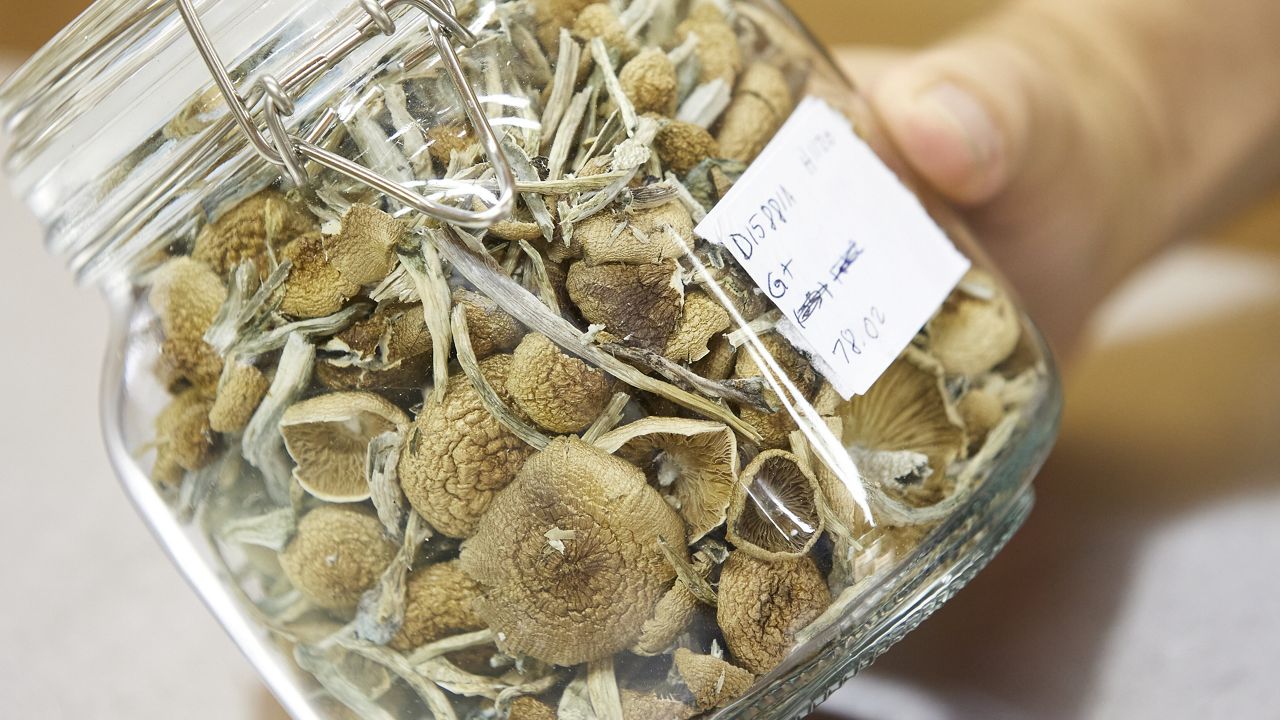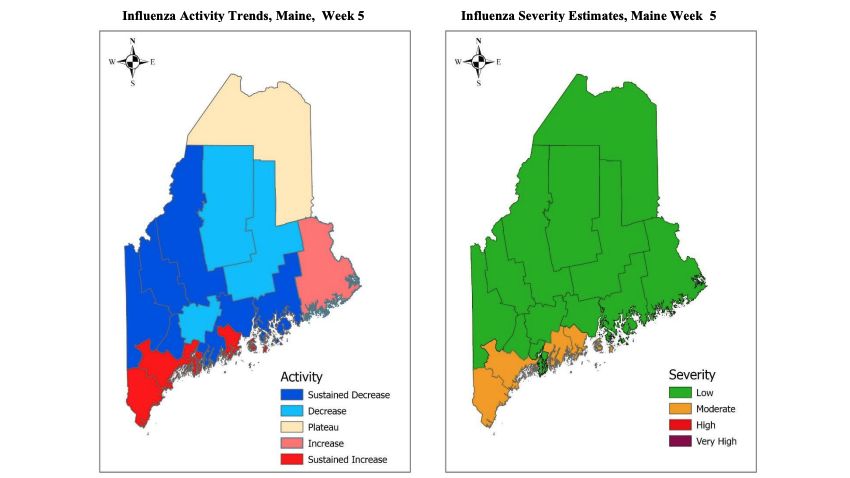A Texas judge’s decision to challenge approval of an abortion pill is creating confusion among those who may need reproductive health care, the strategy officer for Planned Parenthood of Northern New England said Monday.
For now, access to mifepristone — one of two drugs used for a medication abortion — continues in Maine, at least until Friday, said Nicole Clegg, of the Planned Parenthood branch for Maine, New Hampshire and Vermont.
Last Friday’s decision from a federal judge in Texas is the second major blow to abortion access in recent months, following the June Supreme Court decision that overturned nearly 50 years of precedent.
In Dobbs v. Jackson, the court ended a federal right to an abortion, sending the issue back to the states.
“I think the first thing we’re seeing, and this is not unlike when the Dobbs decision was released, is confusion,” Clegg said during a press briefing. “People don’t know what this means for them. They don’t know what this means for their ability to access care.”
The Dobbs decision has little effect in Maine because the state has a law that protects abortion access. But the federal circuit court decision to halt Food and Drug Administration approval of mifepristone means that all states could lose access to the drug.
The Biden administration has said they will appeal the ruling, which could keep the drug available while the issue is sorted out in court.
Another complicating factor for Maine is that the state signed on to a Washington State lawsuit in which a judge preserved access to the same drug.
But it’s unclear what the competing decisions mean, Clegg said.
“The reality is we just don’t know,” Clegg said. “What we know is we can legally provide this drug until Friday. This is rapidly unfolding and it is just unclear to us.”
About 70% of the patients who access care through Planned Parenthood opt for medication abortions, said Alison Bates, director of medication abortion for Planned Parenthood Northern New England.
Regardless of the Texas ruling, those seeking an abortion can still access in-clinic care or the other drug used in a medication abortion, although the efficacy drops from a range of 87-99% to 85-90%, she said.
Using only one of the two drugs will also mean a small number of patients will need to follow up in a clinic, she said. Medication abortions can be administered up to and including the 11th week of pregnancy, she said.
“This is time-sensitive care,” she said. “People’s ability to acquire the care in a timely manner allows for them to have abortion earlier in pregnancy.”
Clegg said Planned Parenthood currently has enough supply of the drug to serve all clients who they anticipate will need it. As an organization, Planned Parenthood is opting not to stockpile the drug because it does not want to make it harder for people in other parts of the country to access it.
Clegg said the Texas ruling has larger implications as well, opening the door for groups to work to ban other FDA approved drugs if they disagree with how they are used.
“If this is successful, this should be a serious alarm bell for extremists exploiting the court system to target any type of medication the FDA has approved,” she said. “Including birth control that extremists are opposed to. This is the first step, but we have no idea where this takes us, especially if they are successful in removing mifepristone from access in our country.”








